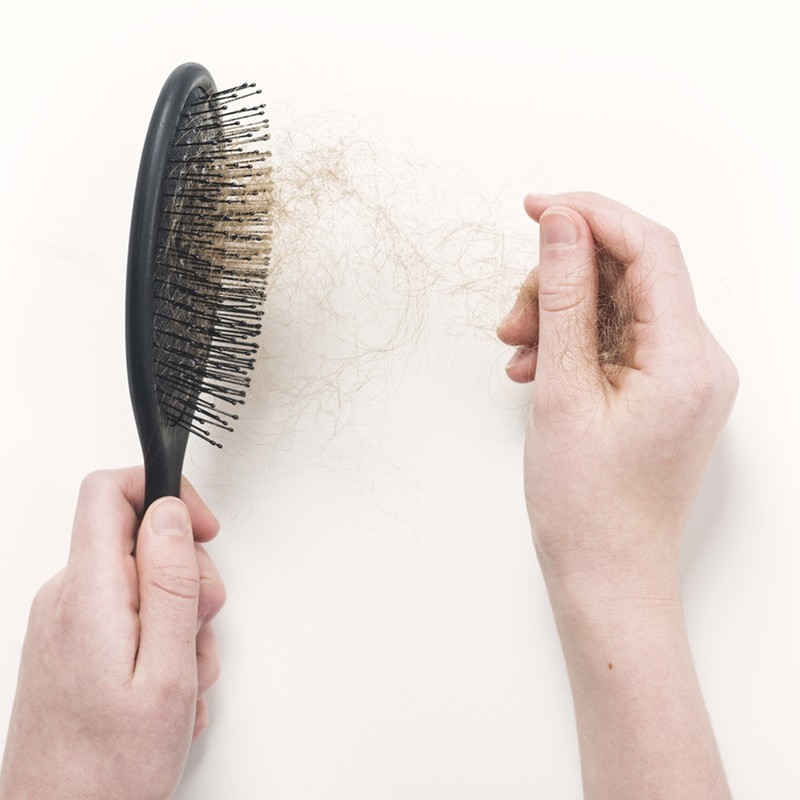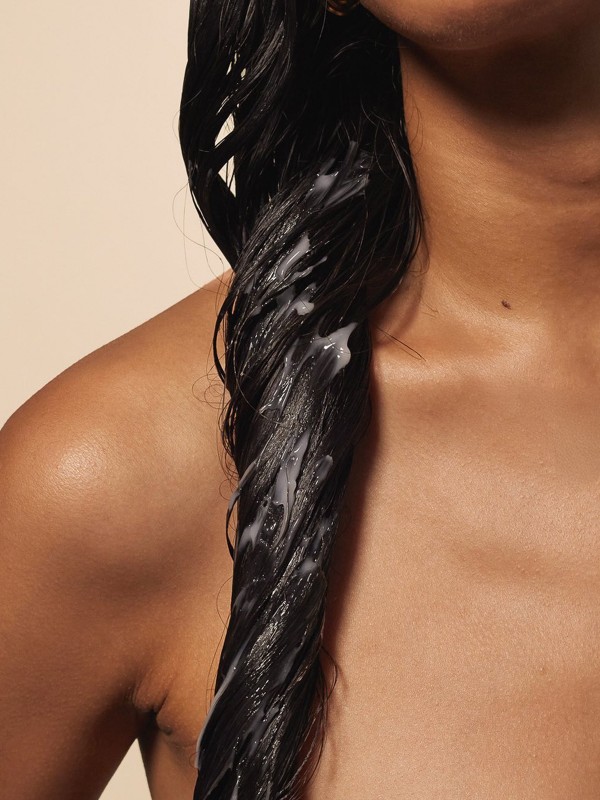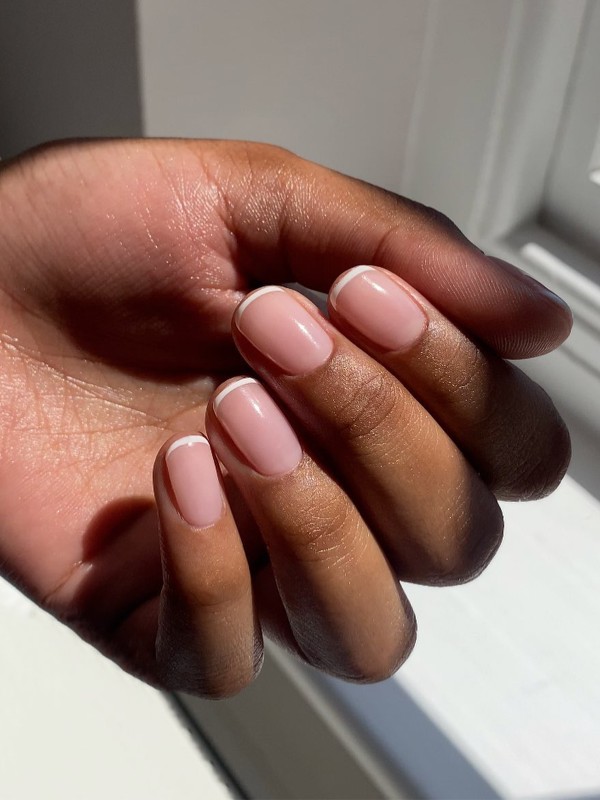Worried Your Hair Is Getting Thinner? Read This.
What causes your hair to fall out?
Anabel Kingsley: ‘Being non-essential tissue, our strands are the first part of us to be affected when our internal environment is off-kilter. Because of their unique sensitivity to our general health, there are many possible causes of thinning and increased hair fall. The most common triggers are illness, hormonal disturbances, thyroid imbalances, certain medications, stress, a poor diet and nutritional deficiencies.
It is important to know the difference between excessive daily hair fall (Telogen Effluvium) and reduced hair volume (Androgenic Alopecia). Telogen Effluvium is reactive hair loss, which is quite sudden and hard to miss. Androgenic Alopecia is reliant on a genetic predisposition that causes hair follicles to be oversensitive to normal levels of male hormones and is very gradual, often going unnoticed for years.
There are also other types of alopecia, a common one being Alopecia Areata. A patchy non-scarring hair loss, this is thought to be an autoimmune condition occurs when your body mistakes hair follicles as being ‘foreign’ and attacks them. Its onset has been linked to extreme stress and shock.
Is there a genetic link?
It is good to be aware of your family history, as it can make it easier for you to spot if changes are taking place; so you can take action sooner. Androgenic Alopecia is influenced by genes, so, if your mother or father have reduced hair volume, it’s more likely you will too. You can also inherit genes from your grandparents or great grandparents – it’s really a case of luck of the draw.
At what age can you expect it to start happening?
As excessive daily hair fall is due to an internal upset, like an illness or deficiency, it can happen at any age and be either acute or chronic. Due to the nature of the hair growth cycle, you will usually experience extra hair fall six to twelve weeks after the event that caused it.
Reduced hair volume can only happen after puberty i.e. when androgens are produced. For those with a strong genetic predisposition to follicle sensitivity, changes to hair density can begin as soon as you hit puberty. Others may not notice changes until their 30s, 40s, or nearing menopause.
Why does your hair get thinner/shed during menopause?
Jane Mayhead: After menopause, the decline and imbalance in hormones can affect growth and lead to thinner hair. This can sometimes show up as a visible reduction in density all over, or increased thinning around the hairline, which should be explored for underlying factors and treatment options. Interestingly, I see a lot of women who have vitamin D deficiencies. Vitamin absorption declines during and after menopause and a lack of vitamin D can contribute to hair fall and thinning.
What about during pregnancy?
Often the condition of your hair can improve during pregnancy. You might notice it looks shinier and feels thicker; this is due to an increase in female hormones that delay the natural cycle of hair fall. Once these hormones inevitably decrease, your hair will begin to shed. You can expect up-to three times more hair than normal to be shed 4-5 months after giving birth, for some women this can continue for a further 3-6 months. If the pregnancy has been difficult or they have suffered from heavy blood loss, they may experience more hair fall. Blood tests can determine any underlying causes if hair loss is persistent.
Can extensions cause hair loss?
People with thin hair tend to gravitate towards extensions, but they place a lot of strain on the hair and can stretch the fibre beyond its elastic limit, breaking it. They also put constant traction on the hair follicle, which can eventually pull-out strands and leave you with bald patches - known as ‘traction alopecia’. If continued over an extended period of time, traction alopecia can be permanent.
How do you know if your hair loss isn't normal?
Anabel Kingsley: We are all different; some people shed more hairs than others and it fluctuates from day-to-day and can vary slightly depending on the season. A blip here or there is nothing to worry about. However, if you notice your hair is shedding more than usual for longer than six weeks, or extra hair fall keeps recurring, you should seek help.
It is usually obvious when you are losing too much hair - Telogen Effluvium is not subtle. To give you a scale, it is normal to lose up to 100 hairs per day. In a bad case, it is not unusual to shed up to 300 strands in a 24-hour period. You will notice more hair coming out when you wash, style and brush your hair. People also find more hairs on their clothes, pillow and floor. It is scary but try to remember that it is always temporary. Once the underlying cause is found and addressed, the hair loss will stop just as suddenly as it started, and it will grow back as usual. If you experience hair loss in large patches, or that is accompanied by intense itching and/or inflammation and redness, see a professional.
Do hair growth pills work?
There is no one-size-fits-all miracle pill that will make your hair grow. However, supplements can help if they are specifically targeting a cause, or one of the causes of your hair loss. If you are deficient in iron or ferritin (stored iron), taking a daily iron supplement will be an essential part of your treatment. The same applies to protein, zinc, vitamin B12 or vitamin D deficiency – all common causes of hair loss in women. It is also not unusual to have a combination of minor deficiencies that are having a big impact on hair growth.
Are there any specific products you would advise?
Unfortunately, shampoos and conditioners will not help with hair loss. However, volumizing products can provide a huge boost in confidence. If your hair is thin and lacking body, I’d suggest using body building products.
For those who cannot visit our Trichological Clinic, I recommend Philip Kingsley’s holistic regime for fine hair and reduced volume, Trichotherapy. It contains 7 Step 2 Volumizing Hair & Scalp Treatment, £50, anti-androgenic topical scalp drops, and Tricho Pro Volumizing Protein Spray, £35, which is a thickening protein spray. There is also an option of nutritional supplements that can be mixed and matched to meet your unique nutritional requirements.
Jane Mayhead: Making the hair appear thicker is a totally different process from stimulating growth. For added volume I always advise trying Toppikk hair fibres as these can really make a difference to your self-esteem and are a good thing to use while you’re wait for more intensive treatments to have an effect.,Just remember these are only temporary and will wash out.
What targeted treatments would you advise?
Anabel Kingsley: Tackling hair loss almost always requires a multi-faceted approach that is tailored to address the specific causes of your hair loss. Targeted treatments are great, provided they’re part of a wider holistic treatment plan including changes in diet, lifestyle and general health and care for the scalp.
Jane Mayhead: To stimulate growth, we would need to improve the production of hair, which can be done with the application of topical treatments such as Minoxidil lotion, PRP or Laser treatments. These have had a magnitude of clinical trials and demonstrated proven results. As well as stimulation, it is important to avoid any disturbance in hair growth cycles, as this can contributes to thinning. Female hair loss is far more complicated than male hair loss so consulting an expert is recommended to help you determine the most appropriate treatment for the best outcome.
What can you expect to pay for private treatments and do the results last?
Costs vary depending on if you’re using a daily lotion or undergoing in-clinic treatments, but they can range from £50 f per month to several hundred. Some hair loss problems are more about reassurance rather than expensive treatments. It could be things are temporary and can be resolved by altering your health and lifestyle, often with a review on nutritional values and possibly hormone levels. It is always a better outcome if the problem is treated sooner rather than later.
How long does it take to see results?
Any treatment would require at least 5-6 months, as normal hair growth is around 1 cm every 4 weeks and on average 15 cm in a year. There is also a distance from the bottom of the hair follicle to the skin surface, which can increase it to 6-10 weeks depending on the depth of the follicle. Be patient and remember treatments are often long-term. stick at it and don’t be discouraged if you’re not getting the results you want straight away.
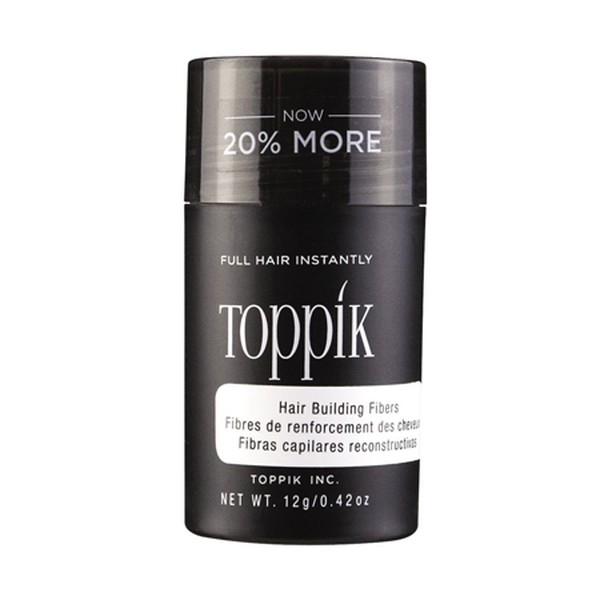
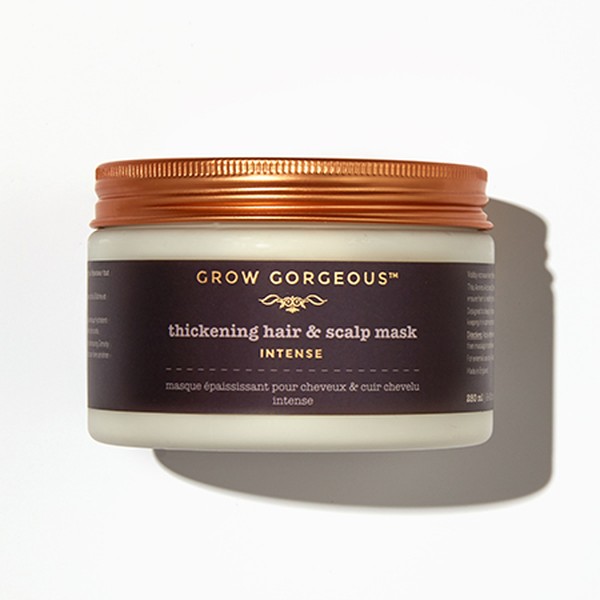
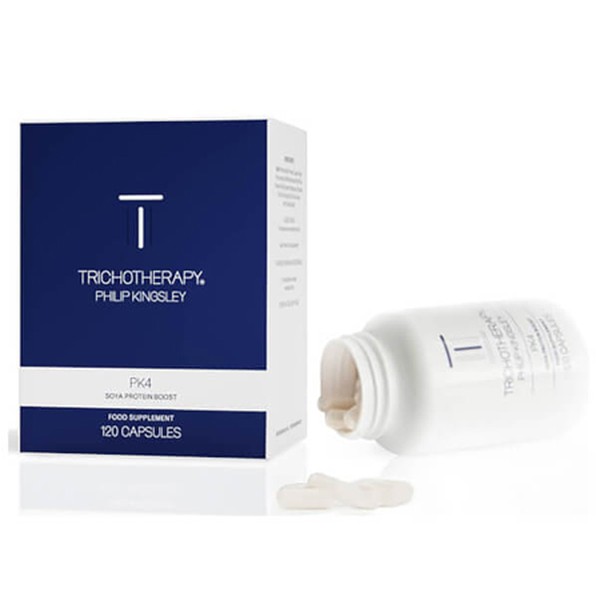
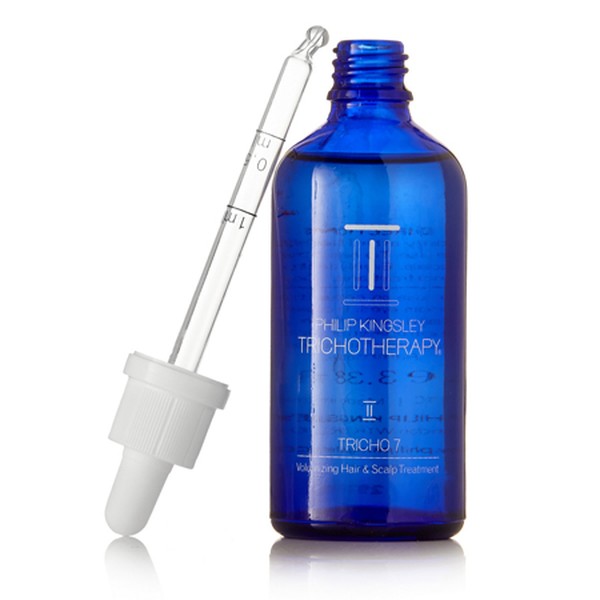
DISCLAIMER: We endeavour to always credit the correct original source of every image we use. If you think a credit may be incorrect, please contact us at info@sheerluxe.com.
